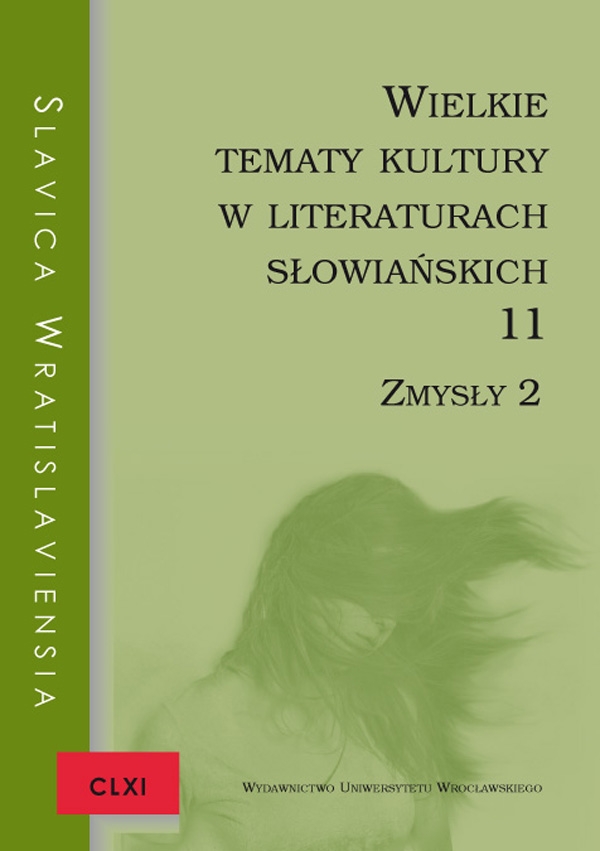

Статьи

“Sensual argument” in 17th-century Orthodox sermons in Polish-Lithuanian Commonwealth
The “alphabet of senses” topos, popular in Polish Baroque literature, was also frequent in Ukrainian composition of the same period. It was very trendy those days to use strategies based on the compositive scheme of five elements enumeration, which is perfectly illustrated by sacramental commentaries of confirmation and anointing of the sick.
Preachers like poets, tried to trigger the sensual imagination of arecipient, so that he could see, hear, taste and even smell the scent of both the infernal pit and heavenly meadow.
Threatening bodily torments, luring sensory pleasures pastors were probably guided by the hope of effectiveness and spiritual benefit that comes from the persuasive power of these carefully selected “sense arguments.”
„Чуттєвий аргумент” у XVII-вічній православній проповіді Річ Посполита
У своїх творах українські барокові автори, так само як і польські, активно вдавалися до вживання топосу „алфавіт відчуттів”. Особливо поширeними були, зокрема, описові стратегії побудовані на композиційній схемі переліку п’яти смислів. Православні проповідники та поети намагалися викликати чуттєві уявлення своїх реципієнтів, щоб ті могли зорово уявити вогненну гієну та небесний луг, почути звуки, які там лунають, відчути тамтешні смаки та запахи. Лякаючи своїх слухачів тілесними стражданнями та водночас приваблюючи розкошами, православні автори, як можна припускати, сподівалися на духовну користь, що виникала з персвазійної сили старанно дібраних „чуттєвих аргументів”.